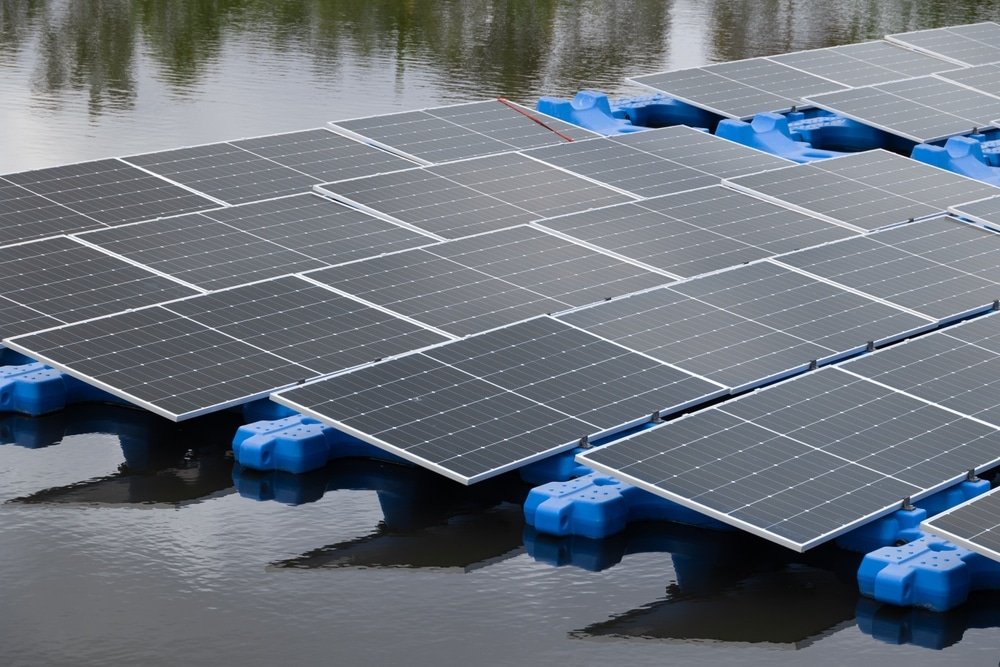The future of solar energy is poised for remarkable transformation, driven by innovations and advancements that promise to reshape how we harness and utilize this abundant resource. As countries around the globe, including the Philippines, embrace renewable energy solutions, solar energy stands out as a leading contender in the quest for sustainable power. In particular, Cebu, a vibrant province in the Philippines, is emerging as a focal point for solar energy development, showcasing how local initiatives can align with global trends.
The Current Landscape of Solar Energy
Solar energy has witnessed exponential growth in recent years, fueled by declining costs, technological advancements, and increasing awareness of environmental issues. The Philippines, blessed with abundant sunlight, has significant potential for solar energy generation. In Cebu, the government and private sector actively promote solar installations, making it a prime example of how local efforts can contribute to the global shift toward renewable energy.
Key Innovations Shaping the Future
As we look to the future, several innovations are set to revolutionize solar energy, enhancing its efficiency, accessibility, and integration into everyday life. Here are some of the most promising advancements:
- Perovskite Solar Cells
Perovskite solar cells are at the forefront of solar technology innovation. These cells offer a more cost-effective and efficient alternative to traditional silicon-based solar panels. With the potential to achieve higher efficiency rates at a lower production cost, perovskite cells could significantly increase the accessibility of solar power, making it more viable for residential and commercial use in Cebu and beyond.
- Building-Integrated Photovoltaics (BIPV)
BIPV technology integrates solar panels into building materials like windows and facades. This innovation generates renewable energy and enhances buildings’ aesthetic appeal. In urban areas like Cebu, where space is at a premium, BIPV offers a dual benefit: it allows for energy generation without requiring additional land, making it an attractive option for new constructions and renovations.
- Floating Solar Farms
Floating solar farms provide a revolutionary way to generate solar energy. By placing solar panels on water surfaces, these farms help preserve land space and take advantage of the cooling effect of water, which can optimize panel efficiency. Given the numerous lakes and coastal areas in Cebu, the implementation of floating solar farms could offer a sustainable energy generation solution while minimizing potential land use conflicts.
- Solar Energy Storage Solutions
The challenge of solar energy’s intermittency, which relies on sunlight, has been a long-standing issue. Nonetheless, progress in energy storage technologies like lithium-ion and solid-state batteries is effectively tackling this challenge. Efficient storage solutions enable the excess energy produced during sunny periods to be stored and utilized during cloudy days or at night. This capability plays a crucial role in ensuring a dependable energy supply, especially in regions such as Cebu, where energy demand can vary.
- Artificial Intelligence in Solar Management
Integrating artificial intelligence (AI) into solar energy systems is set to revolutionize energy management. AI algorithms can predict energy production based on weather patterns, optimize solar panel positioning, and enhance system efficiency. By employing AI-driven technologies, solar installations in Cebu can maximize their output and streamline energy consumption, contributing to a more sustainable energy landscape.
The Role of Policy and Regulation
The advancement of solar energy relies heavily on government policies and regulations. Decisions on regulations on renewable energy have a significant impact. The Philippine government has implemented different incentives to promote the use of renewable energy. These incentives encompass tax credits, feed-in tariffs, and net metering policies, enabling households and businesses to redistribute surplus energy to the grid. These supportive measures are crucial for encouraging investment in solar projects, especially in areas like Cebu, where local authorities actively endorse sustainable energy solutions.
Community Engagement and Education
Community engagement and education are essential for solar energy to thrive. Several local organizations and educational institutions in Cebu are raising awareness about the importance of sustainability and the benefits of solar energy. Workshops, seminars, and community projects are helping to inform residents about solar technology and its advantages. These programs show how locals can participate in renewable energy transitions. This grassroots approach fosters a sustainability culture that empowers individuals and communities to take control of their energy consumption.
Challenges Ahead
Despite solar energy’s promising future, several challenges remain. The initial cost of solar installations can be a barrier for many homeowners and businesses, particularly in developing regions. Additionally, efficient energy storage solutions and integrating solar power into existing energy grids require ongoing research and development.
Addressing these challenges will be crucial to realizing solar energy’s full potential in Cebu. Continued research, infrastructure, and education investment will be necessary to overcome obstacles and ensure that solar energy becomes a mainstream power source.
The Future is Bright
As we look ahead, the future of solar energy is undeniably bright. Technology innovations, supportive policies, and community engagement are paving the way for a solar-powered world. In Cebu, the convergence of local initiatives and global trends positions the province as a leader in solar energy adoption.
With the increasing efficiency of solar panels, the rise of innovative technologies like perovskite cells and BIPV, and the integration of AI for energy management, solar energy’s potential to transform the energy landscape is immense. The growing awareness among both individuals and businesses about the advantages of solar power is making the shift to a sustainable energy future both attainable and unavoidable.
In conclusion, the future of solar energy is marked by innovation and advancements that promise to redefine how we generate and consume energy. Cebu stands as a testament to the power of local action in the global movement toward sustainability. By embracing solar energy, we can create a cleaner, more sustainable future for future generations.


